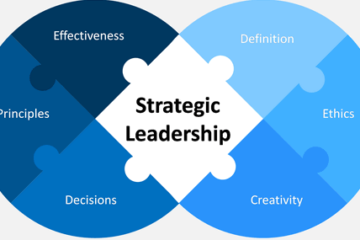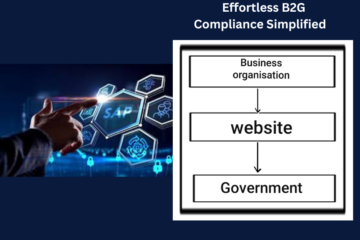Migrating SAP ECC (Enterprise Core Component) to a hyper scaler (like AWS, Azure, or Google Cloud) can offer numerous benefits, such as increased scalability, improved performance, enhanced security, and reduced infrastructure management costs. Depending on data traffic, scale can quickly go up or down. Hyperscalers have taken this computing method and applied it to data centres and the cloud to accommodate fluctuating demand.
However, there might be several reasons why an organization may not be intended to upgrade, and some of the common reasons include:
Ø Risk and Complexity: Migrating critical business systems like SAP ECC involves significant risks. The complexity of the migration process, potential data loss or downtime, and the need to ensure business continuity during the migration can make organizations hesitant to undertake such a venture.
SAP ECC systems are often highly customized and integrated with various other applications within the organization’s IT landscape. Migrating such complex systems to a hyper scaler requires careful planning, testing, and coordination with multiple stakeholders, which can be challenging and time-consuming.
Ø Customizations and Integrations: Integrating existing cloud-based systems with on-premises applications or third-party systems can be challenging, and organizations may be wary of potential integration issues.
Ø Costs: Migration projects can be costly. Apart from the expenses related to the migration itself, there could be additional costs associated with retraining employees, acquiring new infrastructure, and addressing compatibility issues.
Ø Time and Resources: Migrating to a hyper scaler platform is a significant project that requires time and resources. Organizations may not be prepared to invest the necessary effort and dedicate their IT teams’ time to carry out the migration effectively.
Ø Legacy Hardware and Software: Some organizations might still be using legacy hardware or software that is not compatible with the new hyper scaler platform. Upgrading these systems could involve further investments and complexities.
Ø Vendor Lock-in Concerns: Migrating to a hyper scaler might raise concerns about vendor lock-in. Organizations may fear that once they migrate to a specific hyper scaler, they may face difficulties in moving to a different provider in the future, potentially leading to a loss of negotiating power and flexibility.
Ø Lack of Expertise: Migrating to a hyper scaler might require specialized skills and expertise that the organization’s IT team may lack. The organization might be hesitant to rely on external consultants due to cost or security concerns.
Ø Regulatory and Compliance Issues: Some industries have strict regulatory requirements concerning data storage, security, and compliance. Migrating to a new platform might raise concerns about meeting these requirements.
Ø SAP S/4HANA Transition: SAP has announced that it will end support for SAP ECC in the future, encouraging customers to transition to the newer SAP S/4HANA platform. Organizations may prefer to focus on this transition instead of investing in a short-term migration to a hyper scaler.
Ultimately, the decision of whether or not to upgrade to a hyperscaler is a complex one that should be made on a case-by-case basis. The organization should carefully consider all of the factors involved before making a decision. It’s important to note that each organization’s situation is unique, and the decision not to upgrade to a hyper scaler can be influenced by a combination of the above factors and other specific considerations relevant to their business environment.



0 Comments